Who are you? This is a real question that a lot of times we reflect on at different phases of our life. Social media and society have come to define how we should look, how we should dress and how relationships should be. But, how do you recreate yourself after surviving a domestic violence relationship, how do you truly see yourself?
Well, the other day my nine-year-old asked me “Mom, who is that beautiful woman in the mirror?” and I replied, “I don’t know! Who?”, then her response was “YOU, silly”. Like many black women, we struggle with identity awareness. Sometimes I look at myself and see my traumas, my pain, my flaws and then I see my reflection as ugly. As black women we are racked over the coals and because we don’t want to ruffle more feathers, we endure inhuman treatment in silence while being seen as strong, controlling, fearless and invulnerable. In turn we don’t receive the services that are needed to receive help when it comes to domestic violence.
It wasn’t until the 1980’s that domestic violence was even discussed in the black communities, because it was disrespectful to discuss family business outside of the home. Therefore, the self-protective, nature that black women exudes is a coping response derived from slavery as a need to feel self-sufficient and safe, because black men were unable to protect the family (Woods-Giscombe, 2010) and now in the 21st century we still face racism, sexism and the possibilities of poverty even with education; as well as, our black men who tend to hypersexualize and blatantly disrespect us as black women, leaving us still unprotected.
According to violence policy center 91% of black women are murder by males they know more than, by strangers. The narration of black women identities has been indoctrinated as far back as slavery; which helps create a dismissive approach as if we exist without existing. The abuse that we endure at the very hands of the black men we love, shows a huge disconnect and a power struggle. Because, while black men are fighting to be heard, to be seen and to be appreciated; we as black women are wanting to be heard, to be seen and to be appreciated as well. Leaving a relationship where I was devalued and made to believe that I was unworthy and unlovable. Internally rejecting myself and depriving myself of understanding that I am deserving of love that doesn’t cause me pain. Contrary to the patriarchy umbrella, it’s not low self-esteem, and it’s not the fact that we don’t love ourselves. It’s the fact that we are to admonished black women to make better choices, while we don’t require black men to be held accountable for the traumas that they cause.
So, when you look in the mirror don’t focus on the negative reflections, don’t see who someone told you, you were, don’t see who society wants you to be! Remember as black women we deserve to experience the fullness of life without forgetting ourselves!
Photo Credits: UCLA EDI

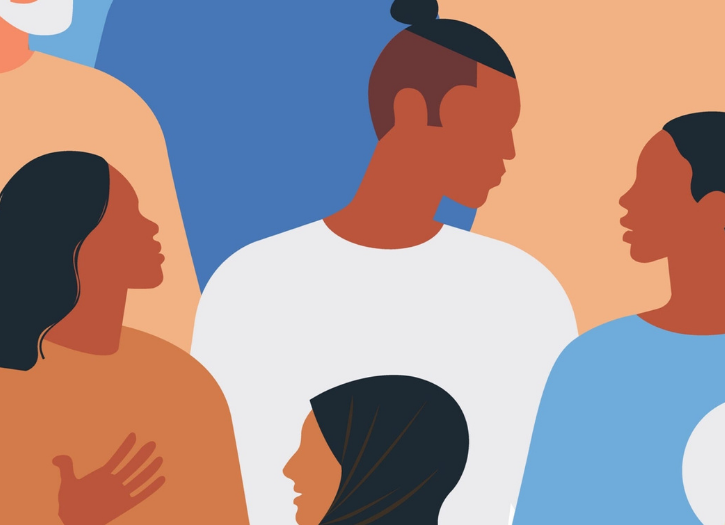

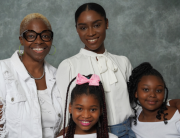
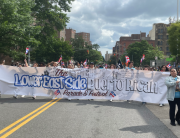
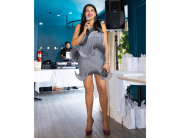
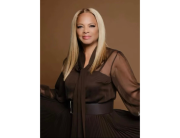
Thank you for this article! I will share this in need to help another woman or even a man that may be going through domestic violence. I pray your word makes it to those who need it! God have you a voice and I know he’s proud that you’re using it to help others and honor Him❤️❤️🙏🏾👏🏾👏🏾